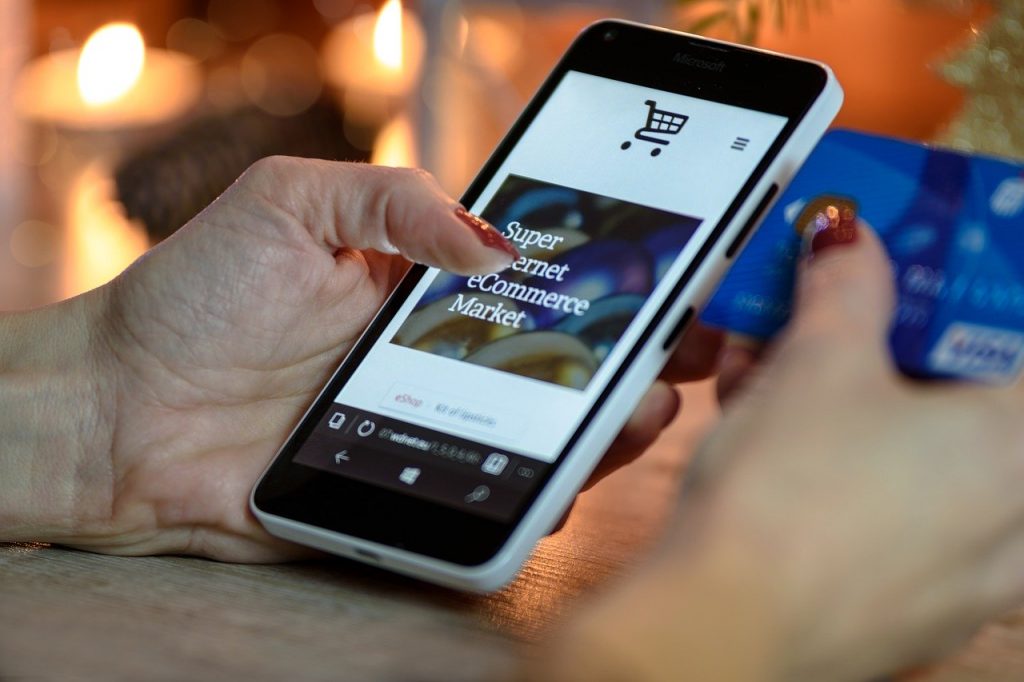Most, if not all, online shopping guides during the COVID-19 pandemic worry more about packages carrying the virus and less about whether the people moving these parcels are safe and well-compensated—a valid and scientifically-sound concern, except during these times, the “every man for himself” argument should be deemed null.
[READ: After grocery shopping, follow these steps to prevent the virus from entering your household]
Then again, in the absence of physical stores and out of fear of contracting the virus by social interaction, some essentials are arguably better purchased online and delivered to your doorstep—things like groceries, medicine, water, etc.
[READ: 12 online groceries that deliver fresh fruits and vegetables]

In fact, according to data, from Mar. 22 to Apr. 4 alone, Asia Pacific consumers’ online shopping frequency has increased significantly particularly for online groceries, which comprise a majority of orders. Previously physical store-only businesses have also shifted to web retailing to tap into this market.
Consequently, demand for non-essential goods is at a decline based on data by online retailers like Amazon. But that hasn’t stopped many stay-at-home consumers from purchasing them, especially since most of these products’ prices are massively discounted.
Many small businesses, reeling from the economic impact of the enhanced community lockdown, are also counting on the sales of these non-essential items to hold up their enterprises and support employees, further proving that these small purchases can, in fact, be beneficial.
[READ: Duterte approves P50 billion wage subsidy for middle-income workers]
But how do we ensure that these seemingly helpful “impulse buys”—let’s call it that—don’t, in fact, cause more harm, especially for the people whose jobs are to bridge sellers to buyers i.e. messengers, drivers, couriers, packaging personnel, etc.
Put off purchases if they are not urgent
If it’s just an item off your wishlist that an app has alerted is now on sale, think twice. Local couriers are already swamped as it is with online grocery orders. How urgently do you really need that item? If the answer is not any time soon, then best to let go of that supposedly “good deal.”
Keep it local
Due to travel restrictions and prioritization of essential cargo, international orders can take months to be delivered and rightfully so. Again, there are more important things to be shipped out. If it’s facial masks, there are local manufacturers and there are even tutorials online that can teach you how to make your own.
We also come back to the argument that right now, the only acceptable excuse to shop for non-essentials is to support local businesses who need your money most right now, either to support their employees or to fund their donation drives for frontliners and underserved sectors.
[READ: Here are the organizations you can donate to as we battle the COVID-19 pandemic]
(Oh, and ask, investigate whether employees are paid just compensation, provided with transportation options, paid hazard pay. Seek transparency on donations. Make sure your money is where they said it will be.)
Be patient. Delays in delivery may ensue
Should you push through with your online orders (which are hopefully groceries and other necessities or items sold for a good cause), there’s a high chance that its delivery may be hampered by the restrictions brought about by the enhanced community quarantine.
More so, some businesses have postponed shipping goods altogether until the quarantine has been lifted. So be patient.
Practice contactless delivery
Our guide to contactless food delivery also applies to non-food parcels. Included there are safety tips—for you and the courier—like choosing cashless payment and opting to have your package dropped off at a safe distance. After delivery, sanitation steps outlined on our post-grocery guide can also be employed such as wiping down or disposing of external packaging and immediately washing your hands after.
Tip well in cash or in-kind
As a thank you for their service, please, please tip well. Yes, this is assuming you tip in cash along with giving messengers and riders a favorable rating on their platform. Other ways you can show your gratitude while ensuring their safety is by providing them sanitation kits with gloves, rubbing alcohol or hand sanitizer.
Header photo courtesy of Lilly Rum on Unsplash
Get more stories like this by subscribing to our weekly newsletter here.
Read more:
Need freshly-baked bread? These Manila bakeries are open for deliveries
15 coffee places that deliver beans and grounds to your doorstep
12 online groceries that deliver fresh fruits and vegetables
Support local restaurants but practice contactless delivery